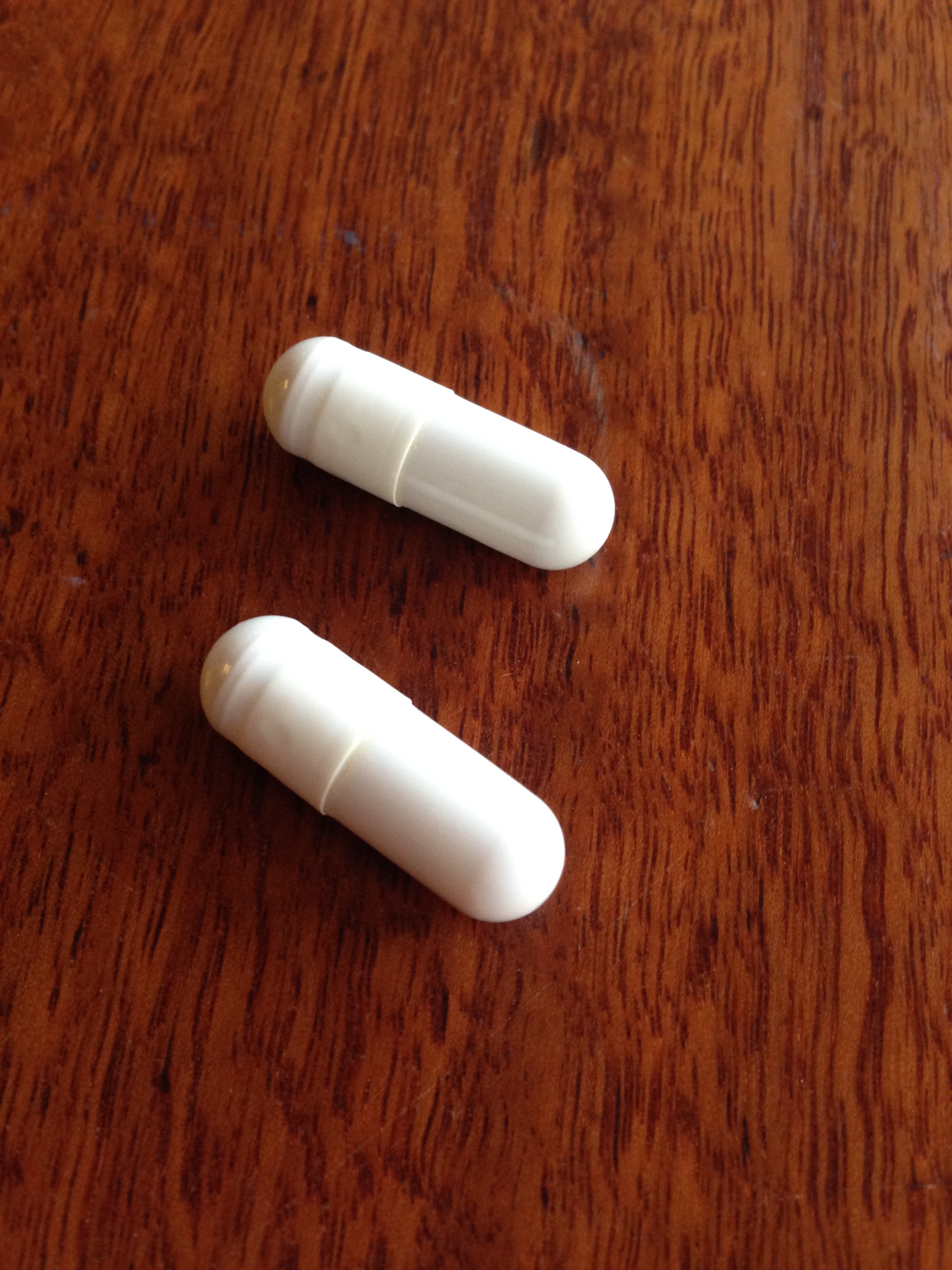His oldest brother was the first to toss a handful of J’s ashes at the base of some tall eucalypts in the Toolangi state forest. His sisters went next and then the in-laws, including me. Even the grandchildren had a go. We dug deep into the plastic canister where the chalk white and grey grit of J’s remains rested heavy and took a handful of him, then tossed it to the wind.
Some stuck to the bark of the mountain ash.
 We transformed this scattering of J into a photo shoot of sorts, as people do these days, not out of disrespect but because it seemed a good way to keep his memory alive.
We transformed this scattering of J into a photo shoot of sorts, as people do these days, not out of disrespect but because it seemed a good way to keep his memory alive.
No one else would. His partners had long ago deserted him and he had no children. Not that any of us knew. The only ones loyal to J right up to the end were his sisters and brothers. But by the time this ritual of final release took place there was no sadness left.
J was the youngest and had wasted his life on a belief that he had the gene for alcoholism. It gave him the excuse to drink and smoke twenty-four hours a day and to replace the alcohol with morphine when the cancer that ripped into his jaw took away his tolerance for any other sustenance.
J had wanted to offer his body to science, but no one wanted it, given his flesh and bones had started their long descent into decay well before he died.
After a few halfhearted attempts at treatment, the doctors left it to the palliative carers to make J’s death endurable, and endure it he did.
Shortly before he died, Dennis Potter spoke on the radio about his life and anticipated death, again from cancer. He was reconciled to the idea, though it gave him a strange new hold on life, he told his interviewer. It made him aware of the importance and inevitability of time.
‘Life can only be defined in the present tense,’ he said. The ‘nowness’ of things is all we can rely upon. We can never be certain about the past. It changes with our memory and recall, and the future is unpredictable, as yet unformed, but not the present.
To illustrate, Potter described the blossoms that had just erupted on the cherry tree outside his door, as the ‘blossomiest’ of blossoms, so lush, so fluffy, so fragrant, so magnificent. Why had he not noticed them before?
Death, Potter said, puts us back in touch with the present in the same way as when we are children. The present is always with us as children in that moment-to-moment experience of being wholly absorbed inside an experience, whether it is one of terror – and there are many terrifying moments as a child – or of bliss.
‘If you see the present tense, boy, do you see it,’ Potter said. ‘And boy, can you celebrate it.’
During the interview Potter searched his pockets for a cigarette, half apologised to his interviewer and joked that he could do as he pleased now, as far as taking in poisons, but not everyone was happy.
He told the story of a time when he pulled out a cigarette somewhere in a café in America, and the look on the waiter’s face, as if to kill.
‘In America it’s easier to draw out a gun than a cigarette.’
It comes upon me in a flash that sensation from my childhood, unattached to specific memories just a flash, of light, of colour, of smell. A sensation that erupts when I remember the newness of things, the tiny flowers on the diosma bush outside my garden, pink baby’s breath, the smell of the Rockman’s doll I unwrapped on my eight Christmas, baby sized and pink in its nakedness, as if I had magically given birth to my own baby but experienced none of the pain, only the exultant joy of welcoming this new creature into life.
This sensation relates to newness, and now in my sixties, no longer new, I cannot expect too many of these, not in the way of childhood. But I look forward to their return when, like Dennis Potter, I anticipate moving into this new space called death.
As Phillip Adams quips, ‘I hope I’m awake when I die. I want to know what it’s like.’

